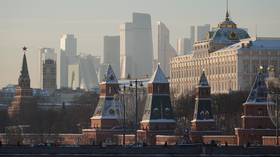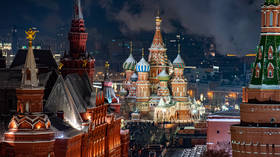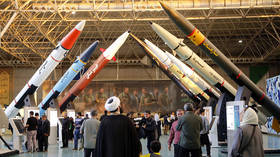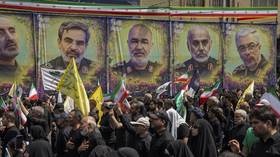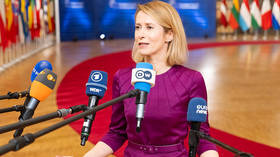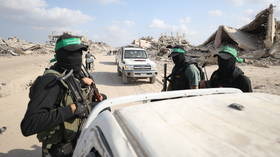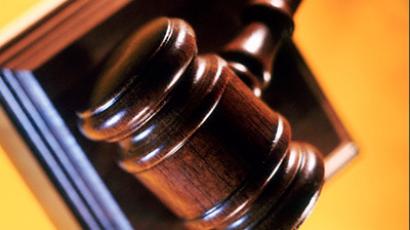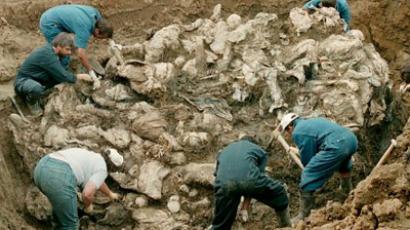Court rules Dutch peacekeepers liable for 300 deaths in Srebrenica
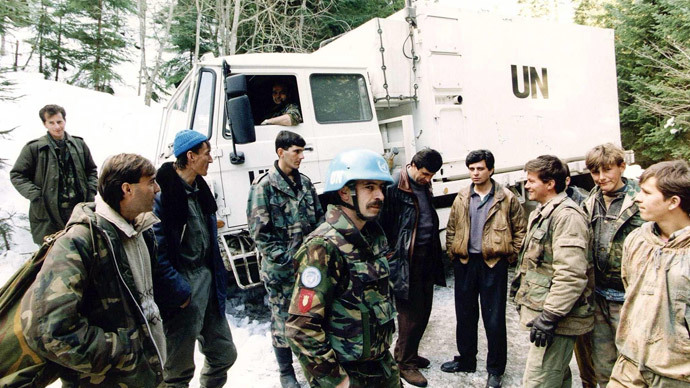
The civil court in The Hague has ordered compensation to families of 300 male Bosnian Muslims who found shelter in the Dutch UN peacekeepers’ compound in Srebrenica in July 1995, but who were later handed over to Serbian forces.
The court has not specified the exact sum of compensation to be delivered to each family of the victims.
The court also cleared the Dutchbat (Dutch UN peacekeeping battalion) of other alleged 8,000 victims of the Srebrenica tragedy as these people were not in the direct custody of Dutch troops.
The 89-page ruling could still be appealed in a higher court so the case of the Netherlands involvement in one of the bloodiest civil wars in Europe in modern history is still not closed.
The male Bosnian Muslims in Srebrenica were executed by Serb forces in retaliation for ethnic cleansing by Muslim armed groups against local Orthodox Serbs in 1992-1995.
After Bosnian Serb forces commanded by General Ratko Mladic surrounded Srebrenica, the Dutch peacekeepers had no choice but to meet the Serbs’ demand and push Muslim males out of their fenced-off compound on July 13, 1995.
Following a mopping-up operation in Srebrenica, the Bosnian Serb forces separated those Muslim males they believed fought against the Serbian population and executed them. This became the climax of the bloody 1992-95 Bosnian war that claimed 100,000 lives.
Three years ago the Dutch appeals court ruled the Netherlands was responsible for the deaths of three Bosnian Muslims employed by the Dutch peacekeepers, who were forced out of the Dutchbat compound at the Serbs’ demand.
In July 2011 the court ordered the Dutch government to compensate the families of the three men, although the exact amount of compensation was not provided.
The latest decision of the court broadened responsibility of Dutchbat servicemen, accusing them of facilitating the deaths of 300-plus males, who were among thousands of Bosnian Muslims hiding in a compound of a Dutch UN peacekeeping unit in Srebrenica.
Peacekeepers should have known the fate of the Muslim men expelled from the compound, Presiding Judge Larissa Alwin said in an emotionally charged hearing attended by several relatives of the victims.
“Dutchbat should have taken into account the possibility that these men would be the [victims] of genocide and that it can be said with sufficient certainty that, had the Dutchbat allowed them to stay in the compound, these men would have remained alive,” Judge Alwin said.
“By cooperating in the deportation of these men, Dutchbat acted unlawfully,” Alwin said.
At the same time the judge exonerated Dutch peacekeepers from responsibility over the lives of those male Bosnian Muslims captured and executed by Serb forces in the town of Srebrenica and nearby forests.
“Dutchbat cannot be held liable for their fate,” the ruling read.
Though relatives of the Srebrenica victims welcomed the court’s ruling, they expressed their dissatisfaction with limited liability.
“Obviously the court has no sense of justice,” said Munira Subasic, president of the Mothers of Srebrenica group that filed the case, as quoted by the AP. “How is it possible to divide victims, and tell one mother that the Dutch state is responsible for the death of her son on one side of the wire and not for the son on the other side?” Subasic claimed.
“The Dutch compound was so big that everyone should have been let in the compound. We will continue to seek truth and justice,” Subasic said.


